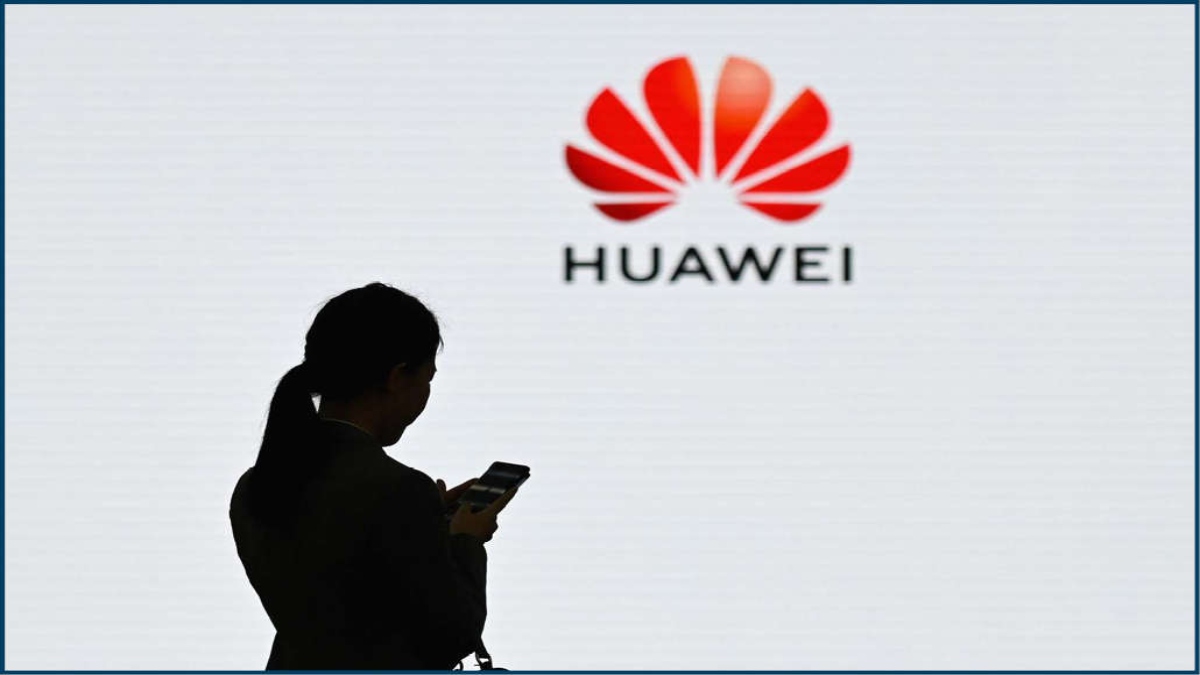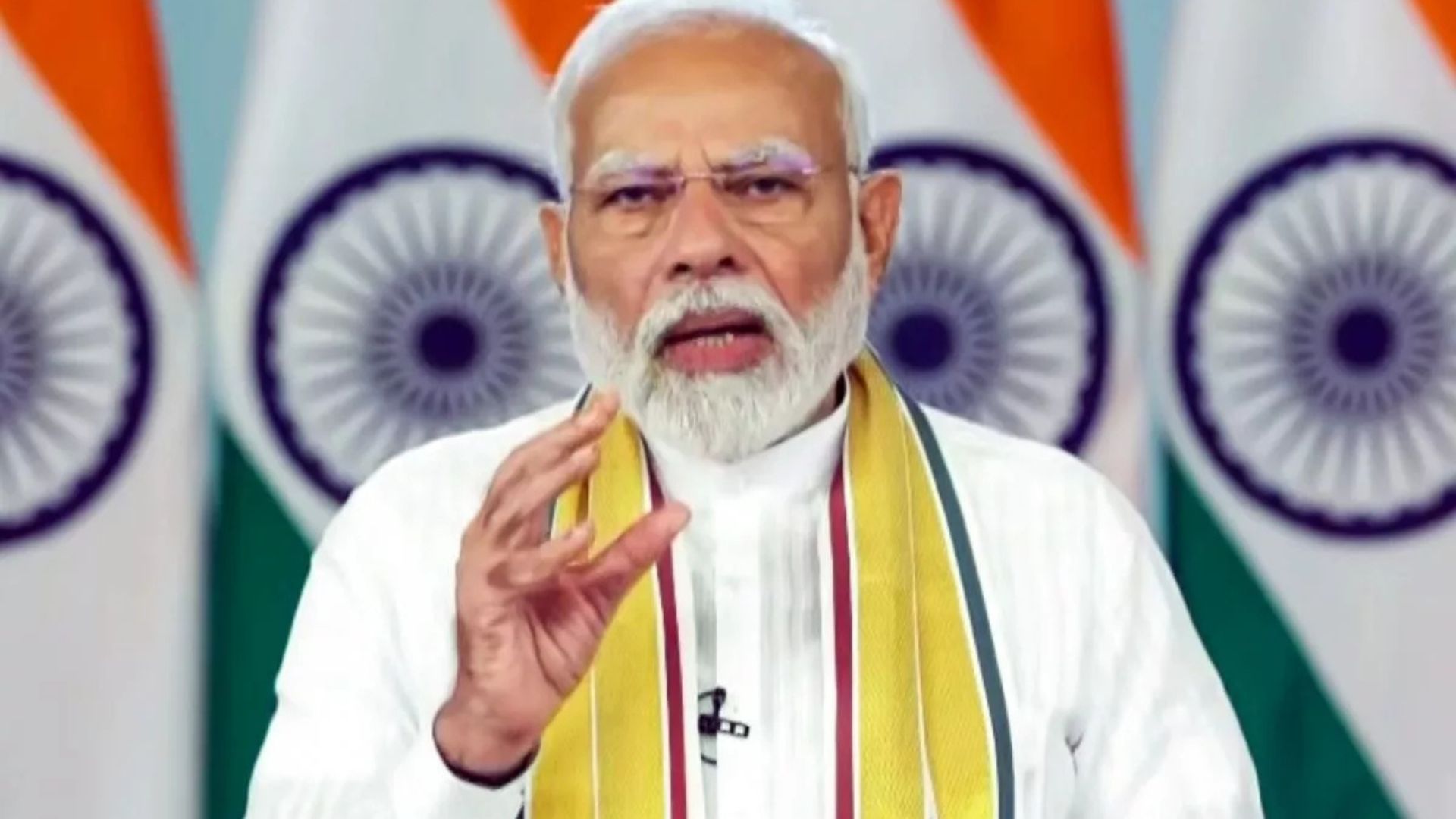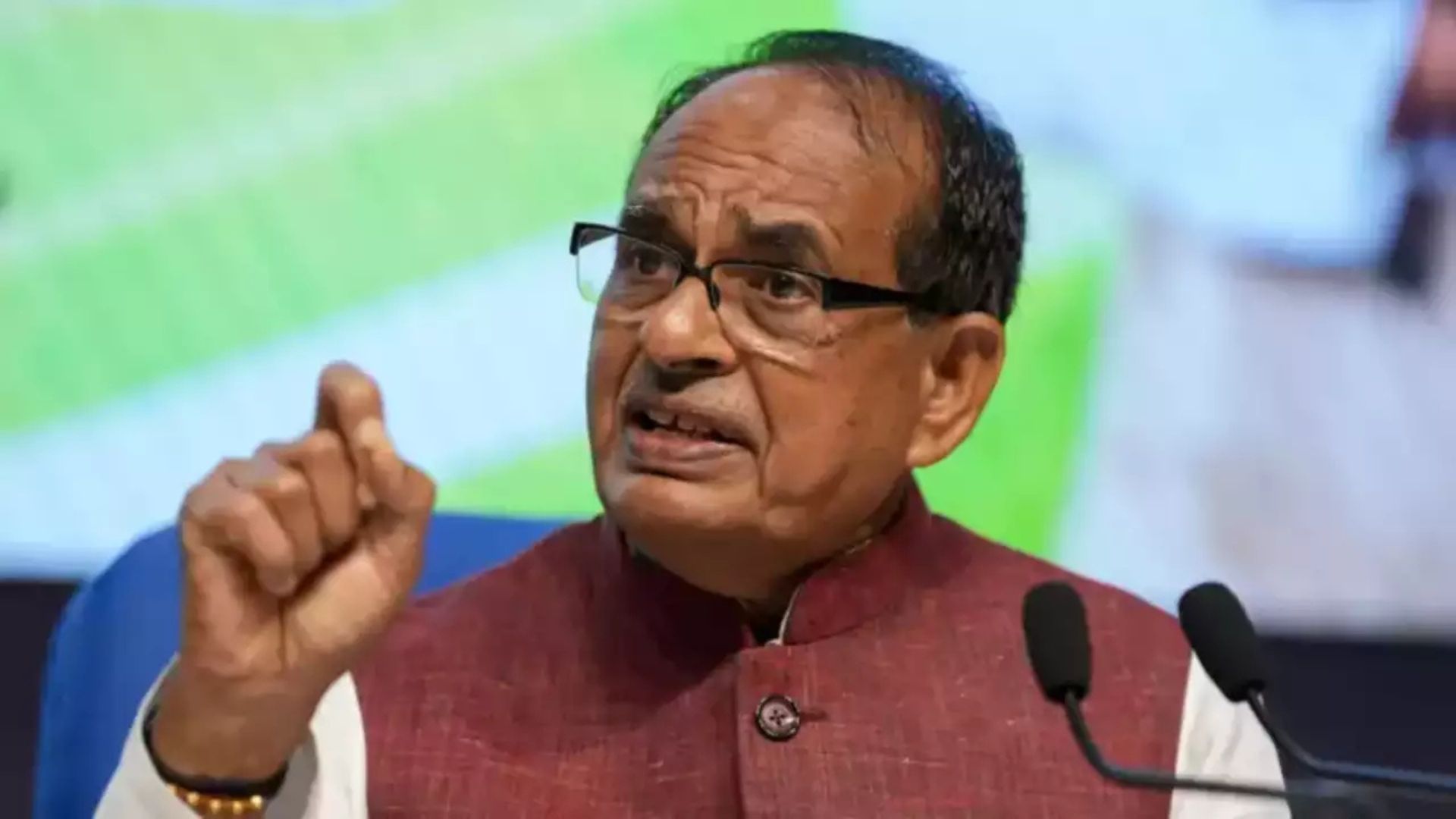
The news that the Department of Telecommunications (DoT) has included Chinese telecom giant Huawei in its working groups on the rollout of the 5G network in India comes as a surprise, especially since India is paying a mammoth price daily to preserve its territorial integrity from an aggressive China, which has already spilled the blood of Indian soldiers at the Line of Actual Control. At a time when India is banning one Chinese app after another, citing reasons of security, what explains the inclusion of Huawei in two of the eight working groups—healthcare and fintech—formed by DoT for the rollout of 5G network? Or has Huawei suddenly ceased to be a security threat? Have the mandarins of DoT heard of a 2019 study conducted by Vietnam’s Fulbright University and a London based think-tank, Henry Jackson Society, claiming “key mid-level technical personnel employed by Huawei have strong backgrounds in work closely associated with intelligence gathering and military activities” of the People’s Liberation Army, and that some of the Huawei employees could be linked “to specific instances of hacking or industrial espionage conducted against Western firms”? Do they know that a country called the United Kingdom, around ten days ago, banned Huawei from installing 5G equipment from September 2021 onwards, years ahead of when the original ban was proposed? Or that according to news reports, Brazil is considering legal options for banning Huawei from 5G rollout—Brazil of BRICS fame, a grouping that also has China and India; or that Parliament in Finland is considering a ban on Huawei and ZTE from applying for telecom tenders and is planning a roadmap to wean companies away from Chinese telecom equipment? In short, there is a push against Chinese telecom companies in several countries, which somehow seems to have escaped the notice of DoT.
This has to be seen in conjunction with the letter sent by the Cellular Operators Association of India (COAI) to DoT last week, urging it to remove all restrictions on vendors and their equipment for the 5G trials rollout. The move has been interpreted as telecom companies pushing for the inclusion of Huawei in the 5G trials, apparently in an attempt to make the government clarify its stand on Chinese telecom companies. Simultaneously, voices have started being heard that India should not rule out the option of Huawei in the 5G sector because of the low pricing, which is in India’s interest. This is a fallacious argument. In a cost benefit analysis, national security always trumps low cost, even if low cost means India saving billions of dollars. India’s telecom backbone is already compromised because of the prevalence of Chinese equipment there. In any war-like situation, will Indian soldiers be communicating over Chinese equipment? Such equipment will leak sensitive military information like the sieve to the PLA. When the enemy is China, it is not a question of if, but when such war-like situations will arise, over and over again. Companies cannot make profit their motive when national security is at stake.
This newspaper’s sister publication, The Sunday Guardian, reported in August that several DoT officials were going on “training” courses to China—the last trip was in November 2019—and rubbing shoulders with Chinese telecom companies, in spite of Indian security agencies voicing their apprehensions about these “study” tours that were sponsored by East China Institute of Telecommunications, China Academy of Information and Communications Technology. But of course since these officials are patriotic Indians, there is no reason to believe that their affection for things Chinese has outlasted the current freeze in India-China relations. It is just that such closeness is best avoided. It is also hoped that similar hobnobbing with the Chinese will not take place in the future. However, there is no denying that there must be clarity on what the government plans to do with Chinese origin equipment in the telecom infrastructure and how far it will allow Huawei to go, if until the trials or even further; and what plans it has to reduce Indian telecom companies’ dependence on Chinese equipment.
Let us not forget that at stake is the country’s sovereignty, its territorial integrity, as well as its huge trove of metadata, which we will hand over to China on a platter if we involve Huawei in the 5G rollout, thus giving China a huge advantage in the race towards artificial intelligence in its bid to become the world’s numero uno superpower. Also, all those app bans and the strong stand that India has taken against China will go in vain if Huawei is allowed an entry into the 5G space.















